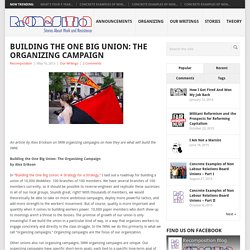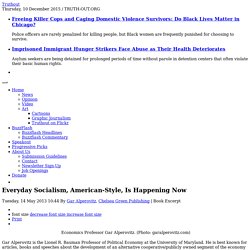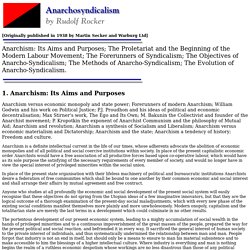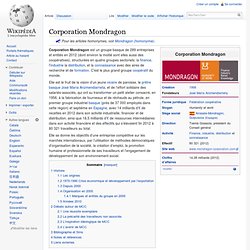

Building the One Big Union: The Organizing Campaign - Recomposition. An article by Alex Erickson on IWW organizing campaigns on how they are what will build the IWW.

Building the One Big Union: The Organizing Campaign by Alex Erikson In “Building the One Big Union: A Strategy for a Strategy,” I laid out a roadmap for building a union of 10,000 Wobblies- 100 branches of 100 members. We have several branches of 100 members currently, so it should be possible to reverse-engineer and replicate these successes in all of our local groups. Sounds great, right? With thousands of members, we would theoretically be able to take on more ambitious campaigns, deploy more powerful tactics, and add more strength to the workers’ movement. Other unions also run organizing campaigns. 1) Build Wobblies. 2) Raise the profile of the IWW. 3) Establish the seeds of dual-power in the workplace.
It should be clear that not just any old kind of organizing campaign will bring us closer to these goals. Our campaigns follow a deliberate strategy to achieve these goals: 5) Escalation. Everyday Socialism, American-Style, Is Happening Now. Economics Professor Gar Alperovitz.

(Photo: garalperovitz.com) Gar Alperovitz is the Lionel R. Bauman Professor of Political Economy at the University of Maryland. He is best known for articles, books and speeches about the development of an alternative cooperative/publicly owned segment of the economy in the United States. Alperovitz's latest book is What Then Must We Do? "Gar Alperovitz's new book develops a brilliant strategy for the type of transformative change that can lead America from decline to rebirth," writes James Gustave Speth, author of America the Possible.
Support Truthout's mission. Chapter 11 of What Then Must We Do? One more obvious step, for the moment, in connection with real-world democratization (and maybe also about what can be done if you want to start getting serious). I'm not talking about the public programs that come to many minds when socialism is discussed in an American context. Boston was one of the first to realize this possibility. Mission & Vision - L'École Libre Radicale de Mtl Rad School. Anarchosyndicalism by Rudolf Rocker - Chapter 1. [Originally published in 1938 by Martin Secker and Warburg Ltd] Anarchism: Its Aims and Purposes; The Proletariat and the Beginning of the Modern Labour Movement; The Forerunners of Syndicalism; The Objectives of Anarcho-Syndicalism; The Methods of Anarcho-Syndicalism; The Evolution of Anarcho-Syndicalism.

Anarchism versus economic monopoly and state power; Forerunners of modern Anarchism; William Godwin and his work on Political Justice; P.J. Proudhon and his ideas of political and economic decentralisation; Max Stirner's work, The Ego and Its Own; M. Bakunin the Collectivist and founder of the Anarchist movement; P. Kropotkin the exponent of Anarchist Communism and the philosophy of Mutual Aid; Anarchism and revolution; Anarchism a synthesis of Socialism and Liberalism; Anarchism versus economic materialism and Dictatorship; Anarchism and the state; Anarchism a tendency of history; Freedom and culture. Such a form of economy makes an political coercive apparatus superfluous. Notes. Anarchy. Anarchosyndicalism by Rudolf Rocker - Chapter 1. Anarchy. Corporation Mondragon. Un article de Wikipédia, l'encyclopédie libre.

Corporation Mondragon Corporation Mondragon est un groupe basque de 289 entreprises et entités en 2012 (dont environ la moitié sont elles aussi des coopératives), structurées en quatre groupes sectoriels: la finance, l'industrie la distribution, et la connaissance avec des aires de recherche et de formation. C'est le plus grand groupe coopératif du monde. Elle se donne les objectifs d’une entreprise compétitive sur les marchés internationaux, par l’utilisation de méthodes démocratiques d’organisation de la société, la création d’emploi, la promotion humaine et professionnelle de ses travailleurs et l’engagement de développement de son environnement social.
Histoire[modifier | modifier le code] Les origines[modifier | modifier le code] La société a été fondée à Mondragón, une ville de la province du Guipuscoa dans la Communauté autonome du Pays basque. En 1943, Arizmendiarrieta monte une école de formation professionnelle gérée démocratiquement. The Rationale For Worker Co-operatives, canadianworker.coop.